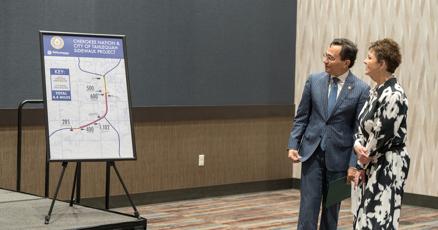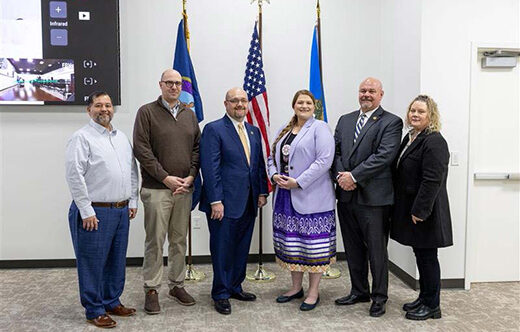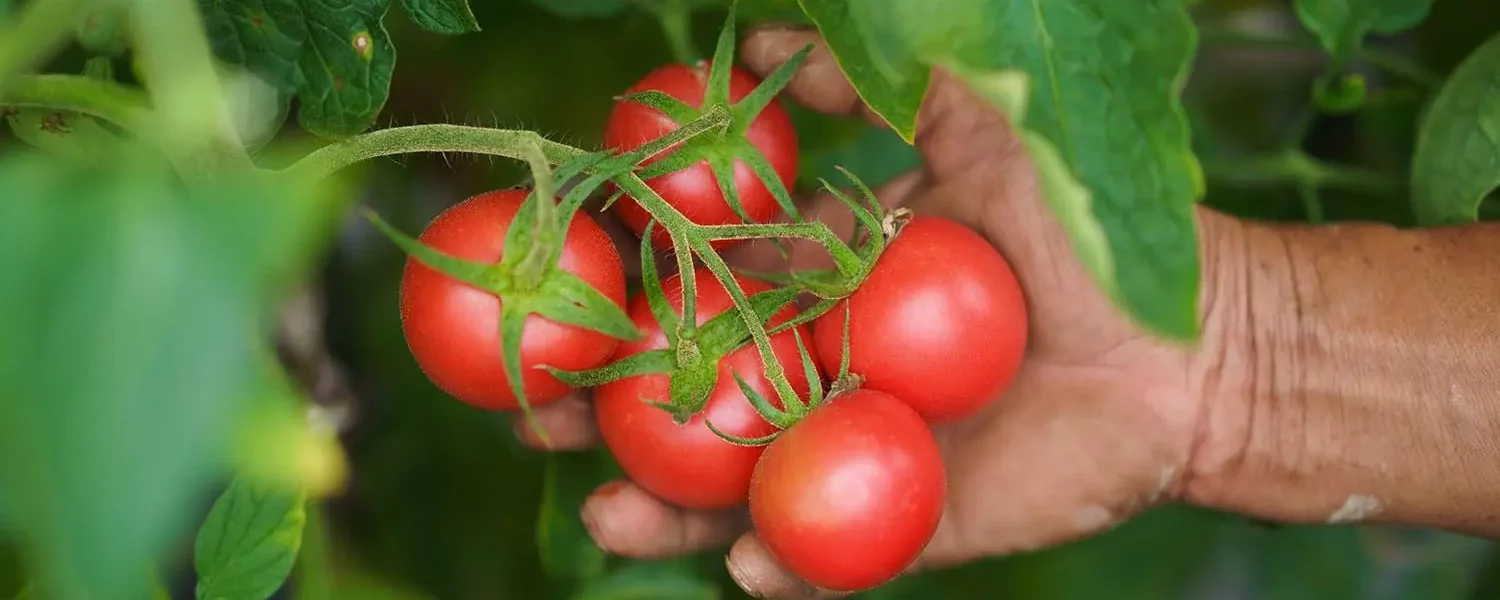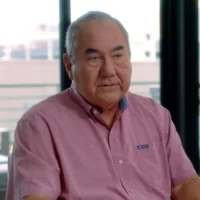Local Food Sourcing Provides Future Security
Many tribal nations have been focusing on developing food production and distribution programs in the communities they call home. This farm-to-table approach is designed to provide a continual supply of food, preventing against supply chain breaks or disruptions. Locally sourced food is also critical in addressing food insecurity challenges.

Osage Nation Opens Meat Market
For years, Osage Nation had been working to address food insecurity within its community. In 2020, spurred on by COVID-19 and the disruption in food supply, the tribe celebrated the opening of its meat processing facility in Hominy.
The plant provides fresh, locally raised beef, bison and pork that is processed from Osage Nation’s 43,000-acre ranch. A meat market operates at the facility and a retail store is coming soon.
The importance of the plant can’t be overstated. “Being in this small part of the country, we’re kind of at the end of the supply chain,” noted Joe Thompson, manager of the meat processing plant. In addition to the meat plant, Osage Nation maintains a 40,000-square-foot greenhouse and aquaponics farms. The greenhouse brings in 46,000 pounds of produce each year.
Addressing Food Deserts
“Throughout rural America, there are people who are having to drive 30 and 40 miles to go the grocery store,” says Michael Southard, senior economic development director for the Choctaw Nation. Those areas, identified as “food deserts,” are regions where access to fresh, healthy food is limited.
For Choctaw Nation, three of the food deserts hit close to home — they were in the southeast Oklahoma towns of Boswell, Coalgate and Clayton. The tribe responded by opening grocery stores in each of the cities, areas where the free market wouldn’t have supplied a store. The grocers offer fresh fruit, vegetables and meat, all within minutes of most residents. “It allows people to have a more normal life,” states Southard.
Featured News


Cherokee Nation and Tahlequah announce sidewalk project spanning 4.4 miles


Repurposed emergency facility reflects Chickasaw Nation’s disaster preparedness






